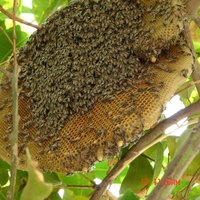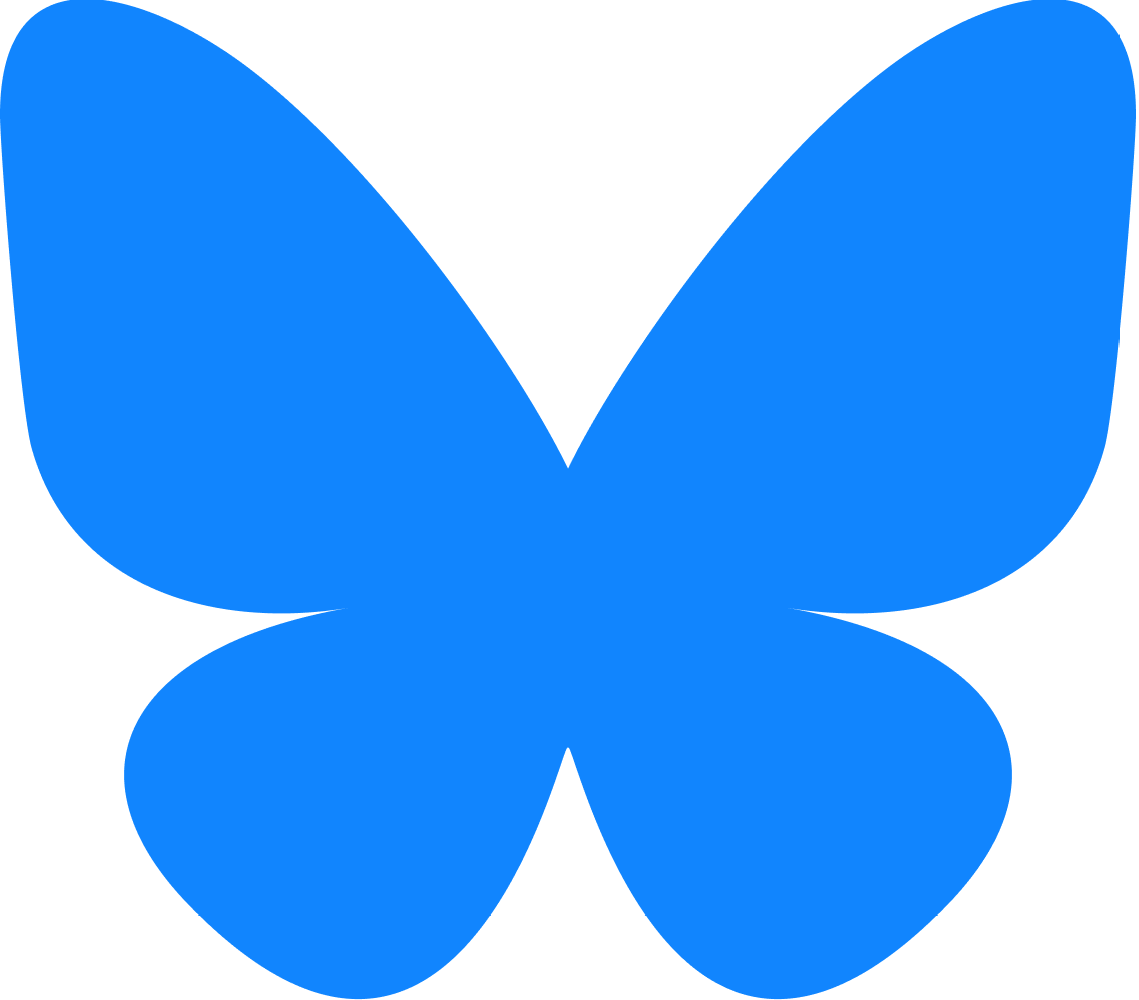Enfolding the BioSocial Collective
Ontological Politics in the Evolution of Social Insects
DOI:
https://doi.org/10.52537/humanimalia.9541Abstract
Animals have very often been central to the ongoing work of self-definition that is an abiding preoccupation of human cultures – when we imagine animals, we imagine ourselves. But this anthropomorphic imagination often focuses upon those animals most amenable to a human-like model of conscious being, subjectivity and selfhood, usually meaning vertebrates, mammals, primates and cetaceans. Social insects, and honey bees in particular, are a significant exception. There is a remarkably rich cultural history of representations of bees vis-à-vis human beings, but it does not center upon speculation about the consciousness of bees and the nature of a bee’s subjective experience, but instead upon the nature of the colony as a political community or collective, and on the extent and significance of its similarities with human society. Indeed bees have long been enrolled into political discourse as an example of a political community in nature, lending to apian discourse a particular political potency. Against this background, this article examines some key developments of the last fifty years that have contributed to a particular trajectory in scientific studies of bees and other social insects, namely a turn to conceptions of evolution as perpetual competition for relative genetic advantage, governed by a mathematical logic. This analysis traces the conceptual architecture of this and explores how it inscribes a specific ontology of “nature” and “the social”, before drawing upon currents from relational ontology and theories of biosocial complexity, to imagine what sort of “nature,” “society,” and “politics” might emerge if ‘the social’ is reckoned back into the evolutionary process. In this way, the argument that follows is at once about science, the nature of bees, and their mode of existence, but also about ourselves, our nature as human beings, and the social and political possibilities of our own mode of existence.
Downloads

Published
Issue
Section
License

This work is licensed under a Creative Commons Attribution-NonCommercial 4.0 International License.









